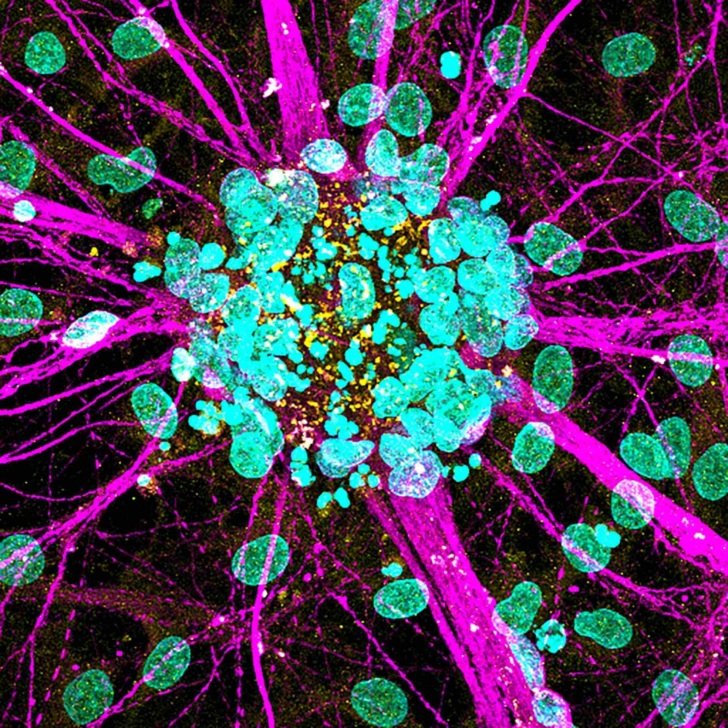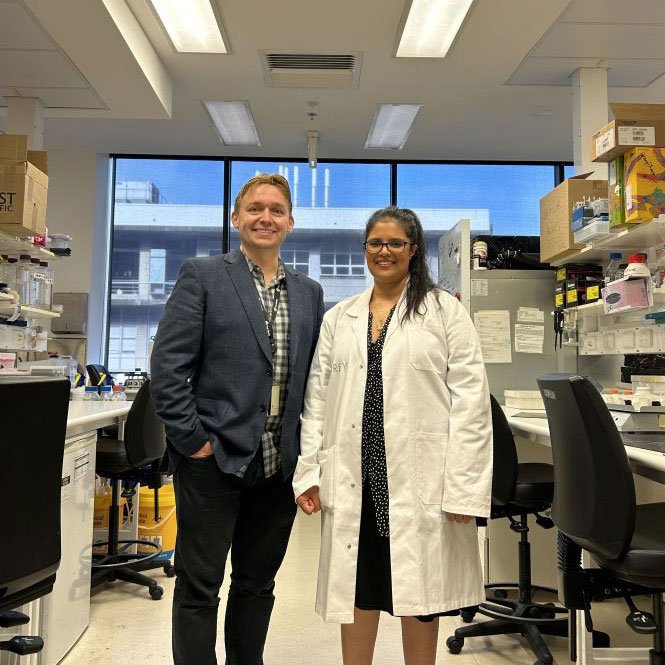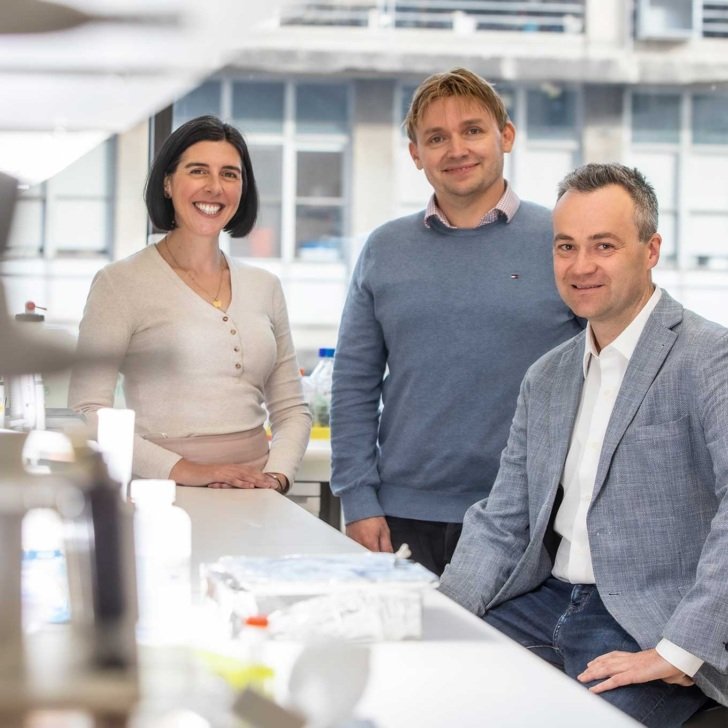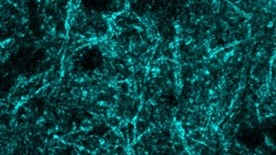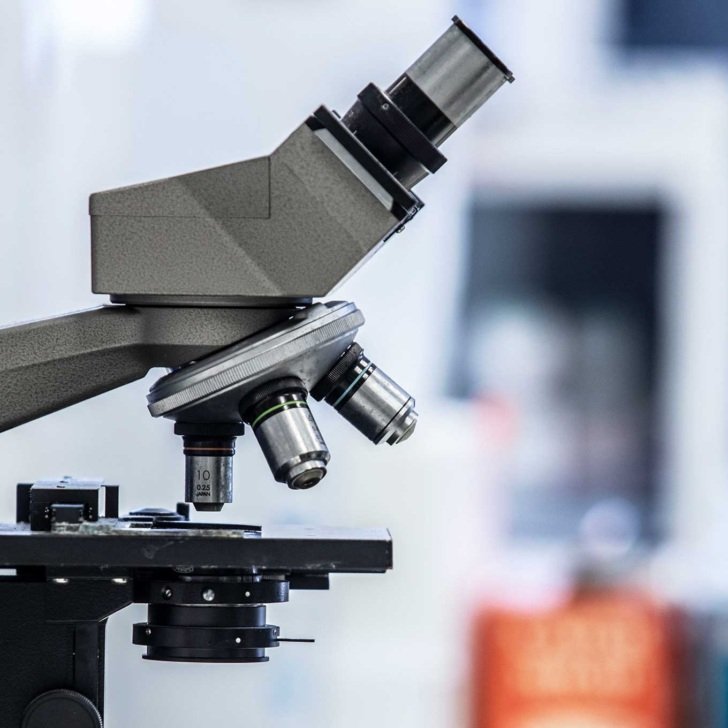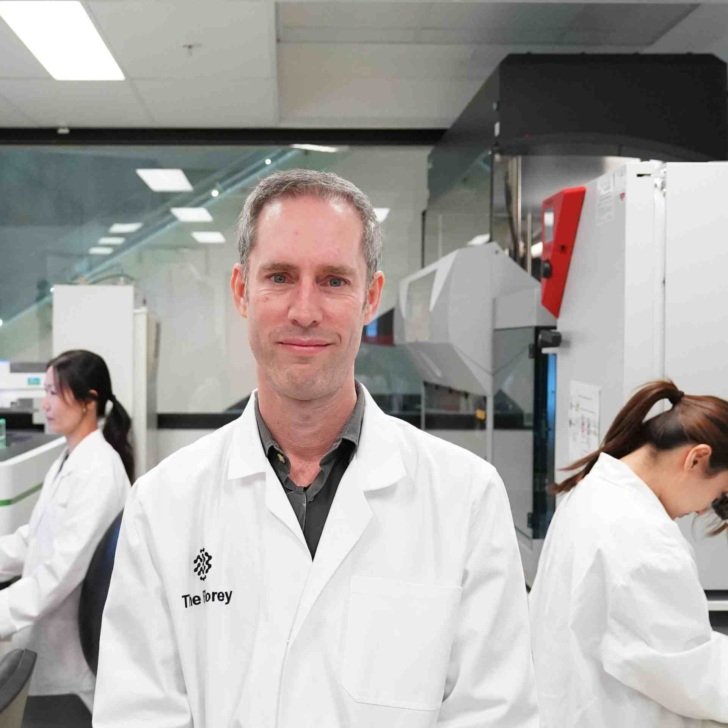
Motor neurone disease
Motor neurone disease (MND) is the name given to a group of progressive neurological conditions where specific nerve cells, or neurons, don’t work normally. This leads to increasing physical disability, as muscles are unable to receive messages from the neurons to move or activate. Without these signals, muscle weakness, wasting and paralysis develop.
MND usually develops quickly once symptoms begin, with an average life expectancy of 2–3 years from diagnosis. It can affect anyone, at any age, but usually develops in people over the age of 50.
How The Florey is making a difference
Researchers at The Florey are focused on understanding the primary mechanisms underlying motor neuron vulnerability and degeneration in MND to help with advancing treatment of the disease.
We’re particularly known for pioneering new and improved models of MND using induced pluripotent stem cell (iPSC) technology, organoids, chemogenetics and genome editing.
In a world-first, our teams have developed a robotics platform to screen drugs directly on neurons grown from people with MND. This breakthrough means large-scale modelling and testing of drugs specifically for MND is now possible.
Funding from FightMND is helping to build capacity for MND clinical trials in Australia and a national drug development network to accelerate the development and testing of potential new treatments for people living with MND.
The hope is to develop a first-in-class gene-based drug to prevent the degeneration of motor neurons and, ultimately, halt or significantly slow the progression of MND.
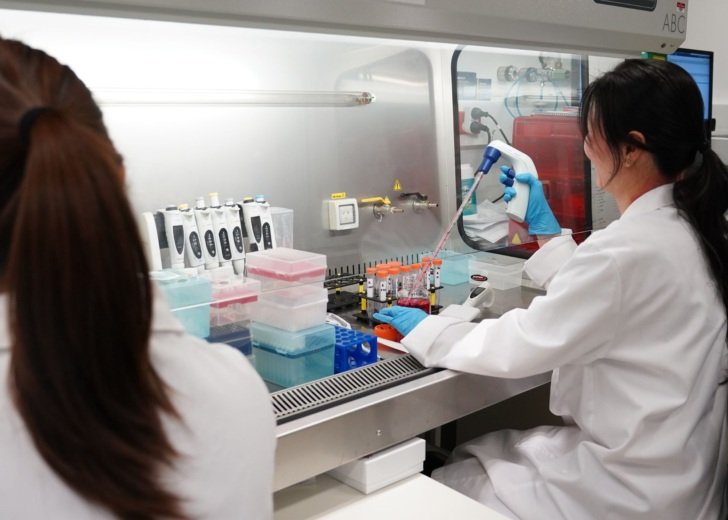
Researcher spotlight
MND clinical research providing hope
A brain imaging expert, Dr Thanuja Dharmadasa uses MRI technology to study patients’ brains and their responses to treatments. By integrating clinical practice, innovative research, clinical trials and access to new treatments, she is fulfilling her ambition of launching a specialist MND clinical research centre in Melbourne.
“My vision is to link patients, the people caring for them, and the researchers working to understand and cure this disease and drive best clinical practice.”
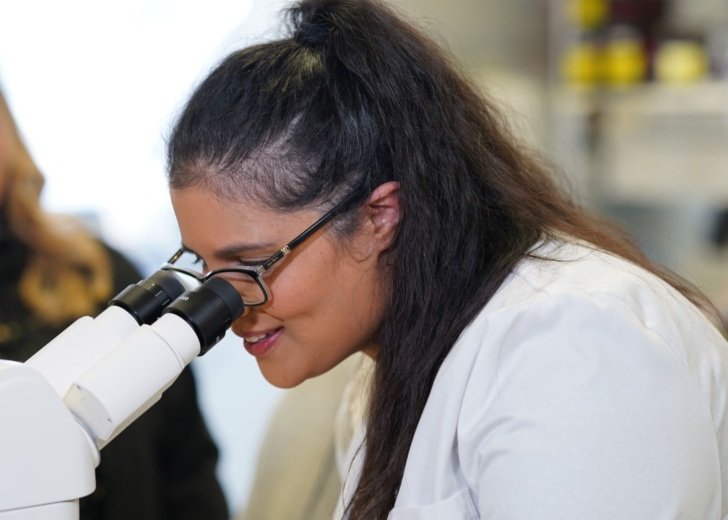
Research projects
- Defining unique molecular markers of upper motor neurons in MND
- Developing BBB-permeable ASO to target ataxin-2 and mitigate TDP-43 proteinopathies for amyotrophic lateral sclerosis therapy
- Developing SMN gene therapy for SMA and MND
- Development of peptide-oligonucleotide conjugates to target poly (ADP-ribose) polymerase for new RNA-based amyotrophic lateral sclerosis therapy
- Development of stem-cell based therapies for motor neurone disease
More information
For support or further information, contact MND Australia. While The Florey researches MND, we do not offer medical advice or treatment.
Latest news
Latest Florey news on Motor neurone disease
